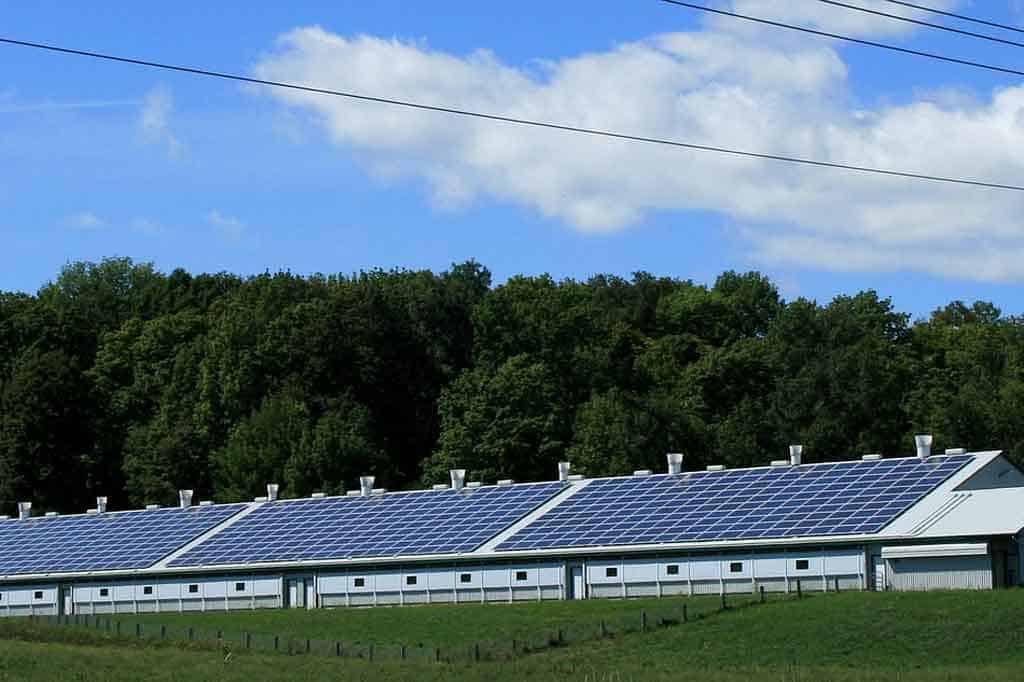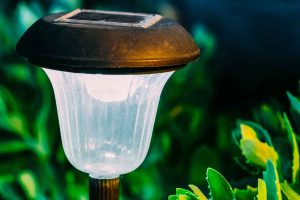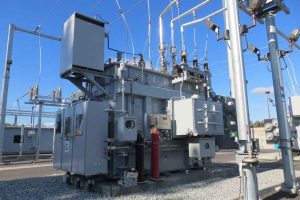It has decreased in price by 50% in the last five years alone. Installing solar panels does not require any major changes in the building, so adding this energy source to your home is easy.
There Are Many Benefits From Using Solar Energy In Your Home
The benefits of solar energy in homes help in many ways. It is a renewable and non-polluting energy source. Installing solar panels does not require any major changes in the building, so adding this energy source to your home is easy. Solar energy is cheaper than energy derived from other sources, especially when natural gas prices are high. One of the many benefits of solar energy is its affordability. Although the upfront payment may seem high, in the long run it provides cheaper and guaranteed lower energy bills and consumption.
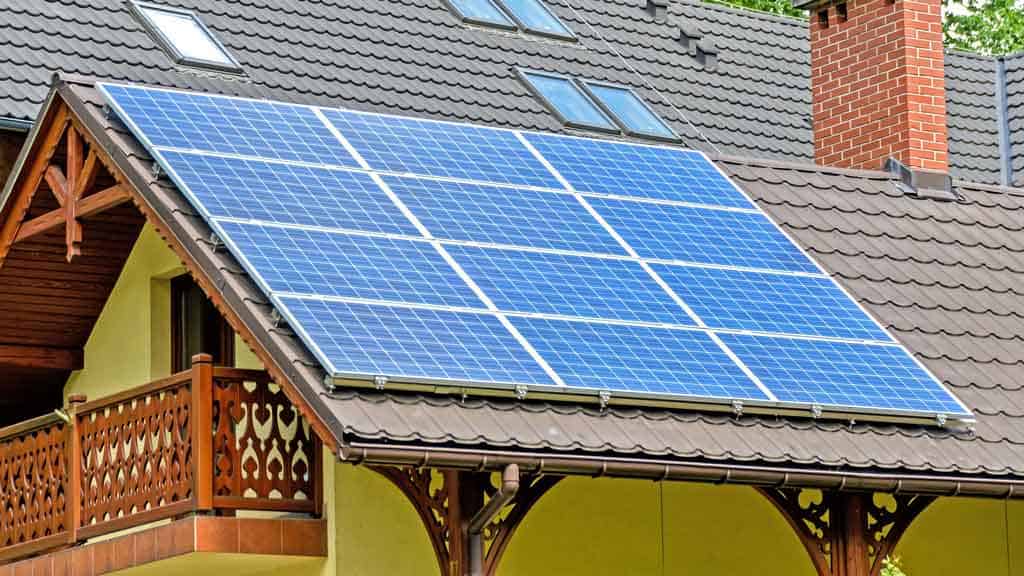
The sun emits a tremendous amount of energy, enough to meet global energy needs thousands of times over. Solar water heating systems can often be used in combination with existing heating systems.
Solar technology is constantly evolving, with new innovations appearing almost daily that have the potential to increase efficiency or reduce costs even further than ever before!
Non-Polluting Energy Source.
Solar energy is a renewable and non-polluting energy source. It does not produce any harmful emissions, so it doesn’t contribute to the pollution of our environment. In addition, solar power generation does not require fuel or an external source of energy to run it.
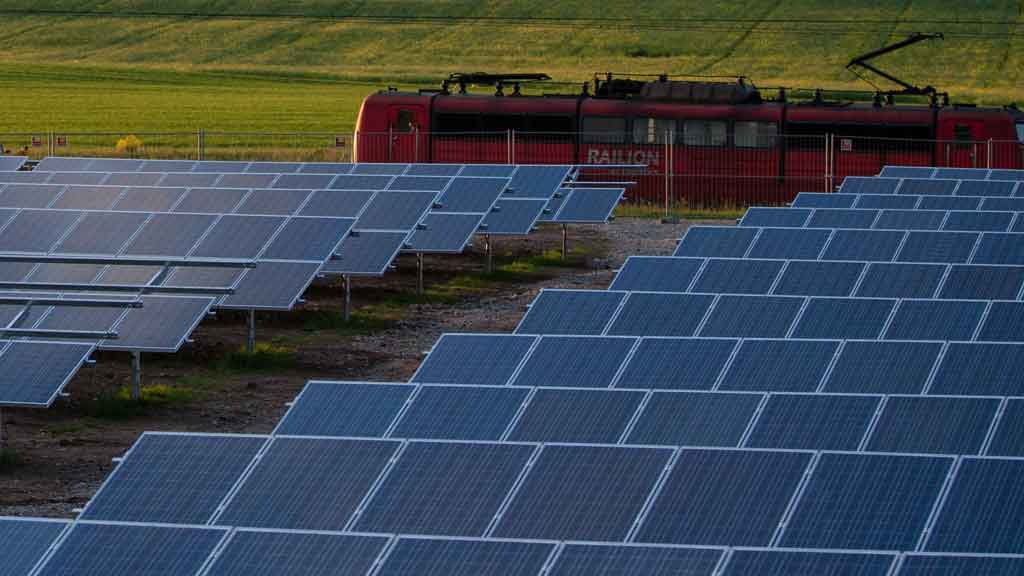
The benefits of solar energy in homes can be used in many different applications: heating water in homes and businesses; powering appliances such as televisions, computers and refrigerators.
Providing electricity for lighting;
- Charging batteries for automobiles or boats;
- Generating electricity at remote locations
- Where there are no electrical grid connections available nearby (this option is known as off-grid systems).
There are many types of solar power systems, but all work in the same manner. Solar panels are made up of photovoltaic cells, which are semiconductor devices that convert light energy into electric current.
Solar panels are connected to an inverter, which transforms the direct current (DC) generated by solar panels into alternating current (AC). The AC power can be used in your home or business just like regular electricity from a utility company.
Discover Why Green Energy Is Important For Your Home
Learn about the benefits of solar energy and how it can save you money on your energy bill. Schedule a free consultation with us, and we’ll help you find the right solar system for your home.
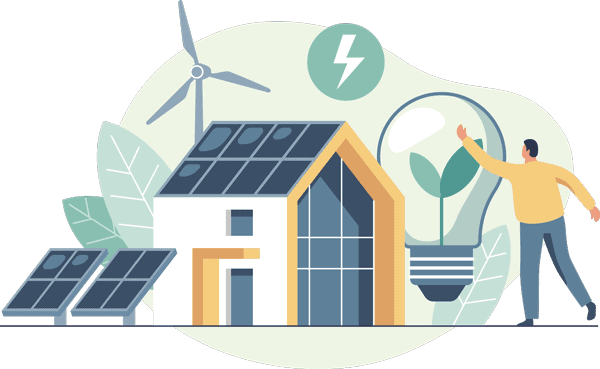
Installing Solar Panels Source
There are many ways to add solar panels to your home. If you have a roof, adding solar panels is as easy as installing them on the roof. You can also install them on poles or boats, or even in your yard if you have enough space.
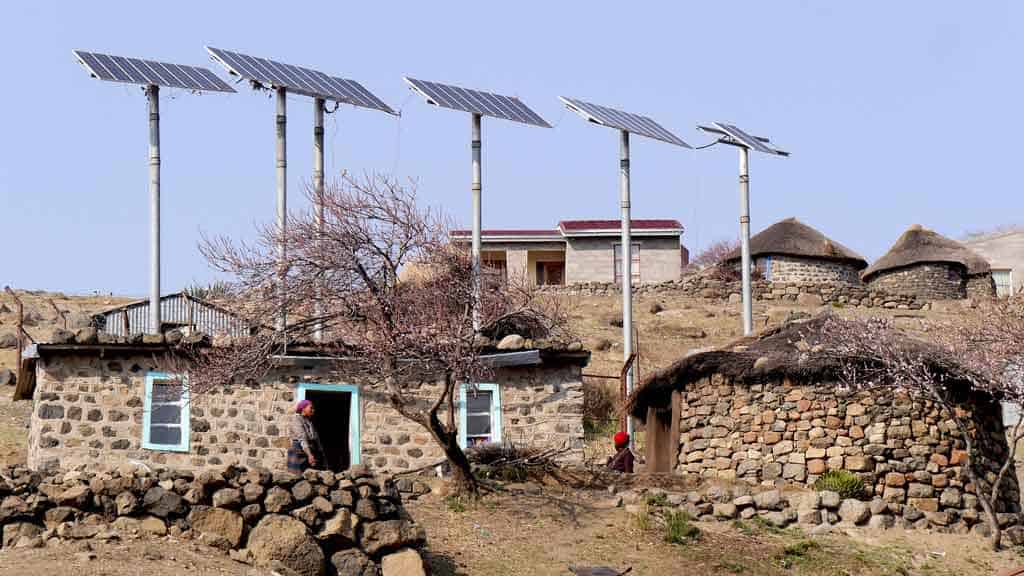
These installations all connect to the grid, where they provide power for your home and any appliances that run off electricity.
A newer technology allows homeowners with limited space around their homes to attach small panels directly onto their windowsills so they can harvest energy while they do other things inside their house.Why Solar Power is Awesome Solar power is awesome because it’s renewable.
That means that we can use it over and over again without ever running out. A small solar array will provide enough energy to power an average home in the United States, which means you won’t have to worry about blackouts or expensive utility bills.
The benefits of solar energy in homes is also one of the most efficient forms of energy production available. The average solar panel has an efficiency rate of 15-20%, which means that these panels can produce up to 20% more power than what they consume!
Cheaper Than Energy
When you consider how much your energy bill will be with solar power, you may find that it is cheaper than what you’re paying now. A lot of people believe that because they are paying so much for electricity, they can’t afford to install solar panels on their homes.
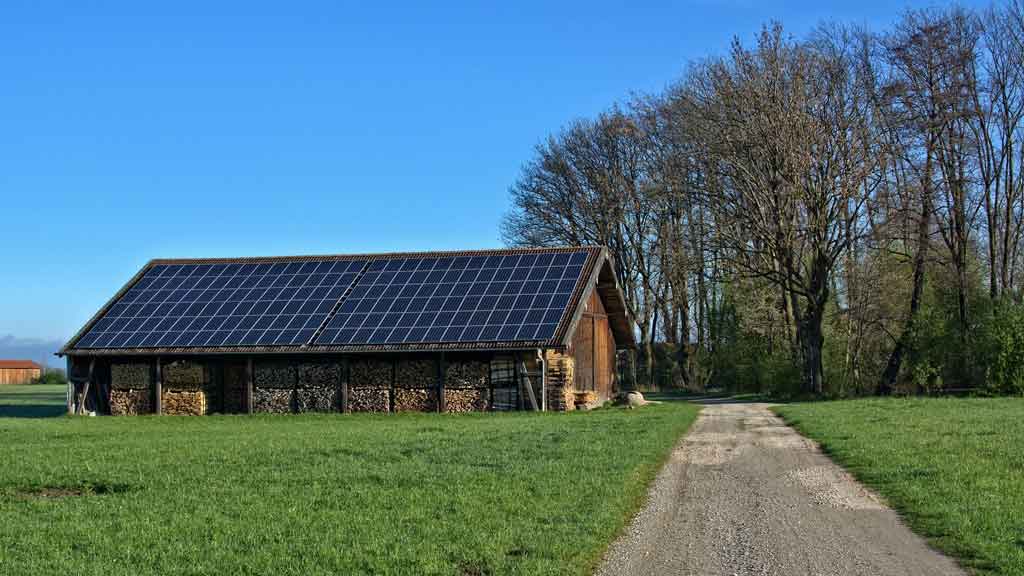
But this isn’t true at all: solar panels can save homeowners thousands of dollars each year over traditional forms of electricity production.The benefits of solar energy in homes are even more affordable when natural gas prices are high
But not necessarily tied to the price of oil or coal! While most fossil fuels have been steadily rising in cost over time and could continue to do so.There’s no telling whether or not natural gas prices will remain as high as they currently are.
It’s important to remember that once installed, solar panels can produce free energy for years without needing any maintenance or additional investment from you.
On the other hand, if you have a smaller home and decide to install solar panels on just one side of your roof, you’ll only be able to produce about half as much electricity. It’s also worth noting that solar panels do not work at night or during cloudy weather.
Enough To Meet Energy Needs
The sun is a giant ball of plasma that gives off energy in the form of light and heat. The sun’s energy is the only source of life on earth. We can harness this abundant resource to generate electricity or heat water.
- Solar panels are photovoltaic devices that convert the sun’s light into electricity. Solar panels are used in solar power plants.
- Solar water heating systems can often be used in combination with existing heating systems. It’s also possible to have a solar water heater working in tandem with an electric or gas-fueled water heater.
- Solar energy is a renewable and non-polluting energy source, which means it doesn’t contribute to global warming or toxic waste from nuclear power plants (or make you afraid of what will happen if the plant goes down).
Where they convert sunlight into usable electricity that can be stored in batteries or transmitted to homes or businesses by power lines for immediate use or future use when needed.
Save The Environment
The benefits of solar energy in homes help in many ways. Solar power is clean and renewable, which means it reduces air pollution by reducing the need for fossil fuels. In addition to being good for the environment, solar power also saves you money on your monthly electric bill.
Solar panels add value to your home and are a smart choice for homeowners looking to reduce their carbon footprint or save money on utilities. Living on solar power can help reduce household pollution significantly and make you feel good about doing something positive for the planet!
Living off-grid is possible with renewable energy systems like solar panels! Energy generated through these systems can power homes without having access to traditional sources of electricity such as the grid or other conventional providers such as gas companies or oil refineries.
There are lots of reasons why living off-grid may be right fit for some people; however one key reason is because it helps them live sustainably without contributing negatively towards climate change issues like global warming which are caused by burning fossil fuels like coal/oil.
Helps Protect The Earth.
The benefits of solar energy in homes is a non-polluting, renewable energy source that harnesses the sun’s heat to produce electricity. It can be used to heat water for washing dishes and bathing, as well as provide power for your home.
Solar panels are relatively inexpensive to install and maintain, so you don’t have to worry about high maintenance costs. Also, if you live in an area with less sunlight than other places on the planet (like Seattle), this won’t affect your solar panel’s ability to generate power—you just won’t get all of your electricity from the sun’s rays!
The Benefits of solar energy in homes last for decades so once you purchase them they’ll continue generating clean electricity for years into the future! You can actually see how many hours of sunshine they’re receiving each day by checking out their real-time monitoring software online.
This way if there’s an upcoming storm or cloudy days ahead (like during winter) then you know when best not install additional solar panels until conditions improve again.”
Promotes Energy independence.
Solar energy is a renewable source of power that doesn’t rely on foreign oil or other fossil fuels. The sun’s rays are the ultimate renewable resource, so when you install solar panels in your home or business, you know that you’re making the planet greener and more sustainable.
The benefits of solar energy in homes require no fuel and produce no pollution aside from heat caused by its operation—and even then, it only produces as much heat as would be produced by a small light bulb. That means that homeowners who use solar power don’t have to worry about contributing to air pollution or climate change when they’re using their lights, refrigerators, computers and other personal electronics.
Energy Back To The Utility Company
As a homeowner, you can sell your excess energy back to the utility company. This is called net metering and it allows you to earn money from the sun’s power that your solar panels produce.
The utility company will pay you for this extra energy and you’ll be billed for any excess that was generated by your home. This can be a great way to offset the cost of installing panels or just help reduce your utility bill overall!
It’s important that you know that there are certain rules about how this works:
The solar panels must be connected to the grid in order for them to function properly. They also need maintenance every few years, which adds up over time so keep this in mind when budgeting out buying/installing them on your house!
Add Value To Your Home
You’ve heard that solar panels can increase the value of your home and help you get a better price on your home. But did you know they can also help you sell your home faster?
That’s right, if you install solar panels, they will make it easier for potential buyers to see how green and eco-friendly your house is. And because of this, they might be willing to pay more!
Another benefit of solar energy in homes by installing solar panels in your area is that it may help reduce crime rates in the city or town where you live. A study has shown that when people move into larger houses with more land space surrounding them, there are reduced instances of vandalism and burglary within their communities.
This means less money spent replacing broken windows or stolen electronics–which means less stress on both homeowners and law enforcement officials alike. It also means more money saved on insurance premiums down the line;
So even if nothing else changes as far as costs go between now and retirement age (when mortgage payments stop being paid), there’s still plenty of reason why an investment like this could still ultimately prove worthwhile over time.”
Reduces Household Pollution.
The benefits of solar energy in homes is a clean, renewable source of power that can reduce your carbon footprint and reliance on fossil fuels. Solar panels are safe to install and require minimal maintenance, making them easier than ever to use in homes across the country.
Their durability means they will last for years without requiring any major repairs or replacements—a great benefit for homeowners who would rather spend their time enjoying their homes than trying to keep them up and running.
The economic benefits of living in a solar-powered home are many:
- You’ll save money by using less energy than before.
- Your property will have an increased value as it becomes more desirable
- You may qualify for government grants; you’ll create jobs when you hire a solar contractor or purchase equipment from national suppliers.
- And you can save even more money by selling excess electricity back into the grid check with your utility company.
In addition to all these benefits, living off the grid also means being able to live comfortably without worrying about blackouts or other disruptions caused by bad weather conditions or other factors outside of our control!
Produce pollutants, it doesn’t contribute to global warming and it’s not as dangerous as other types of energy.
You can use solar energy for many things:
- water heating systems,
- as a source of electricity for your house or building.
Solar energy works anywhere in the world because the sun shines everywhere on Earth! It can’t be used up like fossil fuels. The sun’s energy will always be available to us as long as we’re alive.
Don’t Require A Lot Of Maintenance.
Solar panels do not require a lot of maintenance, especially when compared to other energy sources. Solar panels are durable, and they don’t break down as often as traditional fossil fuels.
They can last years without requiring any repairs. If you have properly installed solar panels, they should not need any additional cleaning beyond what you regularly do with your windows.
When it comes to inspections, solar panels will need to be checked periodically for damage or wear on the casing and wiring that connects them together. It is highly recommended that you inspect your solar panel system twice per year for defects or problems with installation so that any issues can be addressed before becoming major problems later down the road.
The size of your system will determine how much electricity it produces each day; larger systems tend to produce more electricity than smaller ones because there’s more surface area exposed to sunlight over time and therefore generate more power. The type of material used in manufacturing also affects how much energy can be generated by each panel
Incentivize Homeowners
A tax credit is a reduction in the amount of income tax you have to pay. Tax credits are usually calculated as a percentage of the cost of the solar panels, but some states give them in dollar amounts instead.
For example, if you install solar panels on your home and qualify for a federal tax credit worth 30%, it means that $1 invested in those solar panels will save you only $0.70 when it comes down to your bottom line at tax time
The U.S. federal government gives tax credits to people who buy solar panels for their homes or businesses or other property, but not all states do this; instead they offer rebates or grants instead of direct cash payments.
Conclusion
Benefits of solar energy in homes. It is renewable, clean and efficient. The other benefits are that it can save you money in the long run and help keep our planet healthy by reducing pollution.
Solar energy is a great way to power your home. It is renewable, meaning it will never run out, and it doesn’t produce harmful emissions. Solar panels are also relatively low maintenance, and can last for decades with proper care. Going solar can save you money on your electric bill, and may even increase the value of your home. So if you’re thinking of going solar, talk to a solar installer today to see if it’s right for you.

